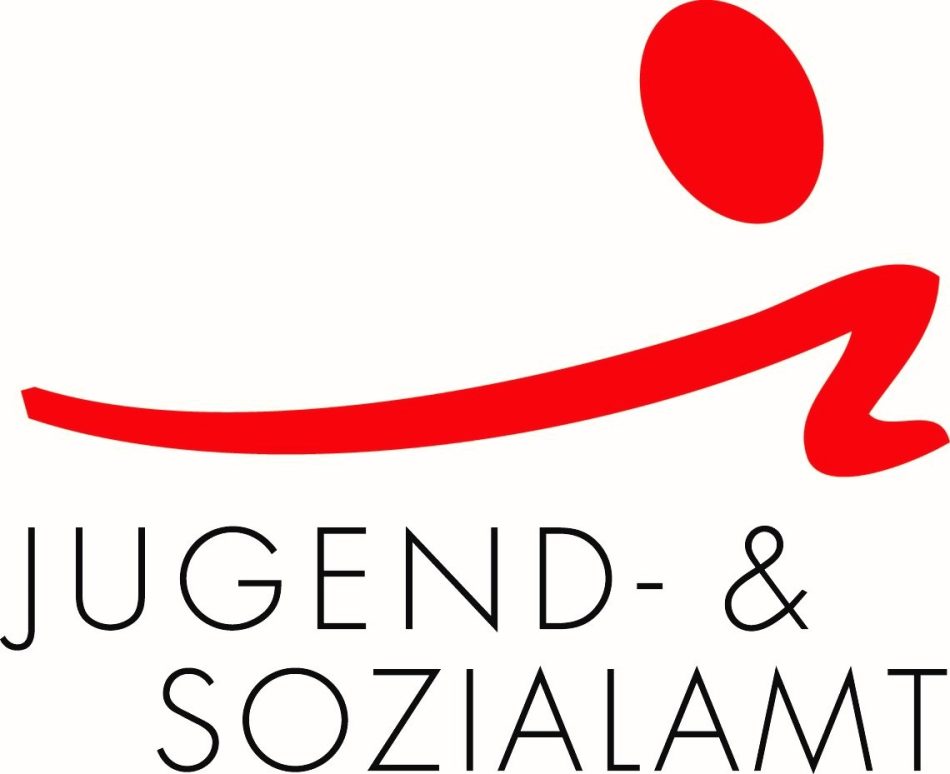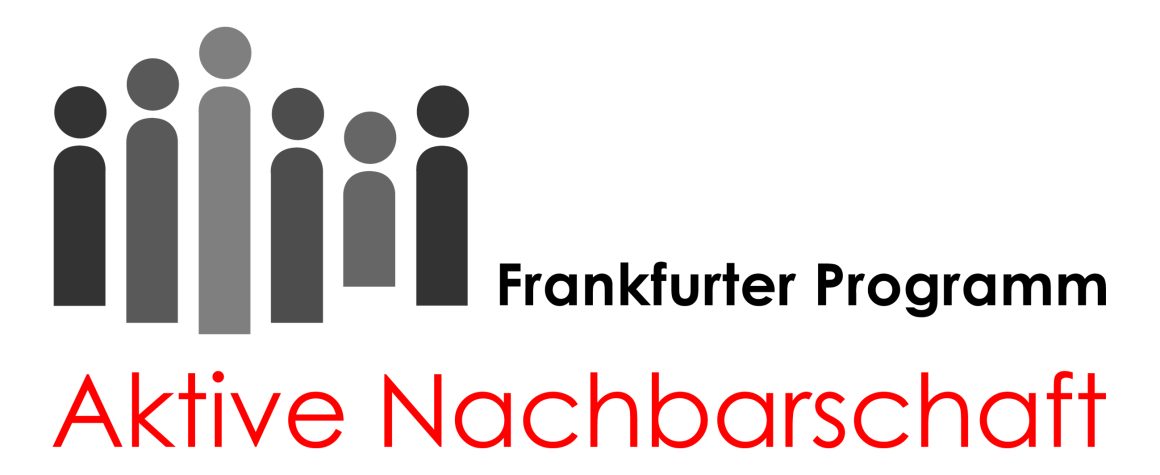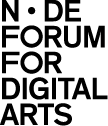The Crespo Foundation

The Crespo Foundation is a charitable private foundation based in Frankfurt am Main. Founded in 2001 by the psychologist and photographer Ulrike Crespo (1950-2019), its aim is to provide encouragement to people at crucial stages of their personal development and motivate them to realise their potential and take responsibility for themselves and others. To this end, the Crespo Foundation is involved in a wide variety of cultural, educational and social projects.
The Crespo Foundation launched the flying artist’s room programme in schools in rural Hessen in 2018, combining an artist-in-residence bursary with cultural development in schools. On the school playground, the mobile building becomes a place of creative and collective encounters that allows everyone involved to have access and get involved in artistic processes on equal terms. In schools, this work approach not only includes the school community, but often also the rural locations and local authorities, their residents and their infrastructure. With the flying artist’s room in an urban setting, the concept and previous target group (school and school community) is now being expanded to an entire area of Frankfurt and its residents.
The Crespo Foundation manages and funds the construction and planning request as well as the delivery, erection and subsequent onward transport of the building. Alongside this it coordinates and funds the artist bursaries and materials, and pays and supervises the interns and press and PR work associated with the flying artist’s room.
“Our successful programme is being expanded by the first flying artist’s room in an urban setting to undertake cultural work in urban areas, and is designed to allow children and young people in Preungesheim in particular to participate directly in art and cultural education. The concept was developed in situ in close collaboration with neighbourhood management and has a digital focus because digitality is here to stay as a cultural technique in our everyday lives.”
(Prof. Christiane Riedel, Chair of the Crespo Foundation)
Youth and Social Welfare Office of the City of Frankfurt


“Everyone can shape their city together“ – this is the participative approach behind the Youth and Social Welfare Office’s Active Neighbourhood programme, which is being run in sixteen specially selected areas of Frankfurt. The goal is to improve housing and living conditions and reinforce social cohesion. This is done by developing neighbourhood structures, establishing a network of actors and promoting a sense of identity and identification through participation.
Neighbourhood managers on site ascertain the changes that residents would like to see, encourage them to take part, provide organisational and financial support, and establish a network between the actors in the district.
The cooperation with the Crespo Foundation is intended to contribute to embedding cultural education more in the city’s districts and give people the opportunity to experience their district with all their senses, whether through active artistic action or participation in cultural events.
The Youth and Social Welfare Office supports the flying artist’s room through neighbourhood management on site, funds planning and is involved in construction preparation. Together, the Crespo Foundation and the City of Frankfurt are contributing their resources to make this innovative project a success and send a powerful message about greater equality in education.
“We’re really excited about new residents from the world of the arts landing here and are already looking forward to what will emerge from the encounter between art and this neighbourhood over the next two years.”
(Nanine Delmas, Departmental head of the Youth and Social Welfare Office Frankfurt)
Preungesheim neighbourhood management in Frankfurt’s Active Neighbourhood programme run by Diakonisches Werk, a social welfare organisation for Frankfurt and Offenbach

Former neighbourhood manager Angela Freiberg has supported the flying artist’s room “landing” in Preungesheim from the outset and created a network in the district.
As a point of contact in the area, neighbourhood management is responsible for residents’ affairs. It operates at the interface of residents, politics, administration and other facilities and actors in the district. Neighbourhood management in Preungesheim is part of the Frankfurt’s Active Neighbourhood programme and has been run by Diakonisches Werk, a social welfare organisation for Frankfurt and Offenbach, since 2013. The focus of Preungesheim neighbourhood management is on the area’s social and cultural development. It promotes the integration of people from the various residential areas in the district with all kinds of projects, workshops and campaigns.
Most of the urban development in Preungesheim is housing estates, but there is also a small old town around the Protestant Church of the Holy Cross. More than one in five of the district’s 16,000 or so residents is a child. Around one third of people in Preungesheim come from immigrant families – in all there are more than 100 different countries of origin. In 2022 Preungesheim is celebrating its 1250th anniversary.
As former neighbourhood manager, Angela Freiberg has directed the process of embedding the flying artist’s room in the district, which has landed on Gravensteiner Platz in spring of 2023. She has communicated with schools, associations, residents and many other actors in Preungesheim. She has also supported the deployment of the Crespo Foundation’s interns – students who are initially spending time in various institutions in the district and then, in cooperation with schools or child and youth services, embarking on their own projects as part of the flying artist’s room programme.
“We would like all residents, especially children and young people, to actively develop creative ideas for good community relations with the Crespo Foundation’s flying artist’s room and the neighbourhood management’s “Preungesheim Future Workshop”, and try out digitality as a cultural practice in the neighbourhood from the perspective of participation.”
(Angela Freiberg, neighbourhood manager of Diakonisches Werk, a social welfare organisation for Frankfurt and Offenbach)
NODE – Forum for Digital Arts


The NODE Association promotes digital culture and is a platform for practical, creative and critical exchanges about technology and digitality. Since 2008 NODE has designed education formats, festivals, international exchange formats and multi-disciplinary artistic programmes. Born out of the community around the visual programming language vvvv, NODE conceives formats for and with scientists, artists and creative coders. Its workshops, exhibitions, performances and discussions are intended for the general public.
In association with Goethe University’s Institute of Art Education in Frankfurt, the city’s Municipal Youth Education Centre/Youth and Social Welfare Office, Hessen’s State Centre for Political Education, and a network of child and youth work facilities in Frankfurt and Hessen, NODE also develops the Digital Worlds (DW) youth programme. DW provides offerings that bring together cultural, political and IT education. Its goal is to convey critical and creative design competencies (digital literacies) for the digital society. Its largest project is the annual youth media art festival Digital Worlds. DW also runs the “Youth hacks Frankfurt am Main” hackathon.
NODE e.V. has been an approved youth welfare provider since 2020.
German Children and Youth Foundation

Since it was established in 1994, the German Children and Youth Foundation (DKJS) has been working to ensure that young people in Germany have a good upbringing and experience and learn about a democratic culture of togetherness for themselves. It empowers children and young people in relation to what they can do and what moves them, and gives them the courage to be brave and take control of their own lives. Its slogan is “Wirksam, nah, dran!”, which means “Effective, nearby, on it!”. People from the world of educational practice as well as administration, politics, science and civil society take them to this point and work with them on the changes needed and innovative solutions for the urgent challenges they face in the education system.
As a cooperation partner of the flying artist’s room in an urban setting, the DKJS draws on two of its core beliefs: in order to safeguard the future opportunities and social participation of all children and young people, daycare facilities and schools, but particularly their actual living environment as well need to be designed to be attractive places of learning. On top of this, high-quality offers of cultural education open up valuable spaces of learning and experience for young people that empower them as they develop their competencies and personalities. Linking the two together is a crucial and challenging task for the DKJS.
“Cultural education lies at the heart of a good and well-rounded education. It is even more important that all children and young people experience artistic practice and are able to have experiences in which they can be creative, unique and effective. Their opportunity to do this should not be determined by where they come from, where they live or their social situation. The flying artist’s room in an urban setting can make a vital contribution to this.”
(Andreas Knoke, Programme Manager)